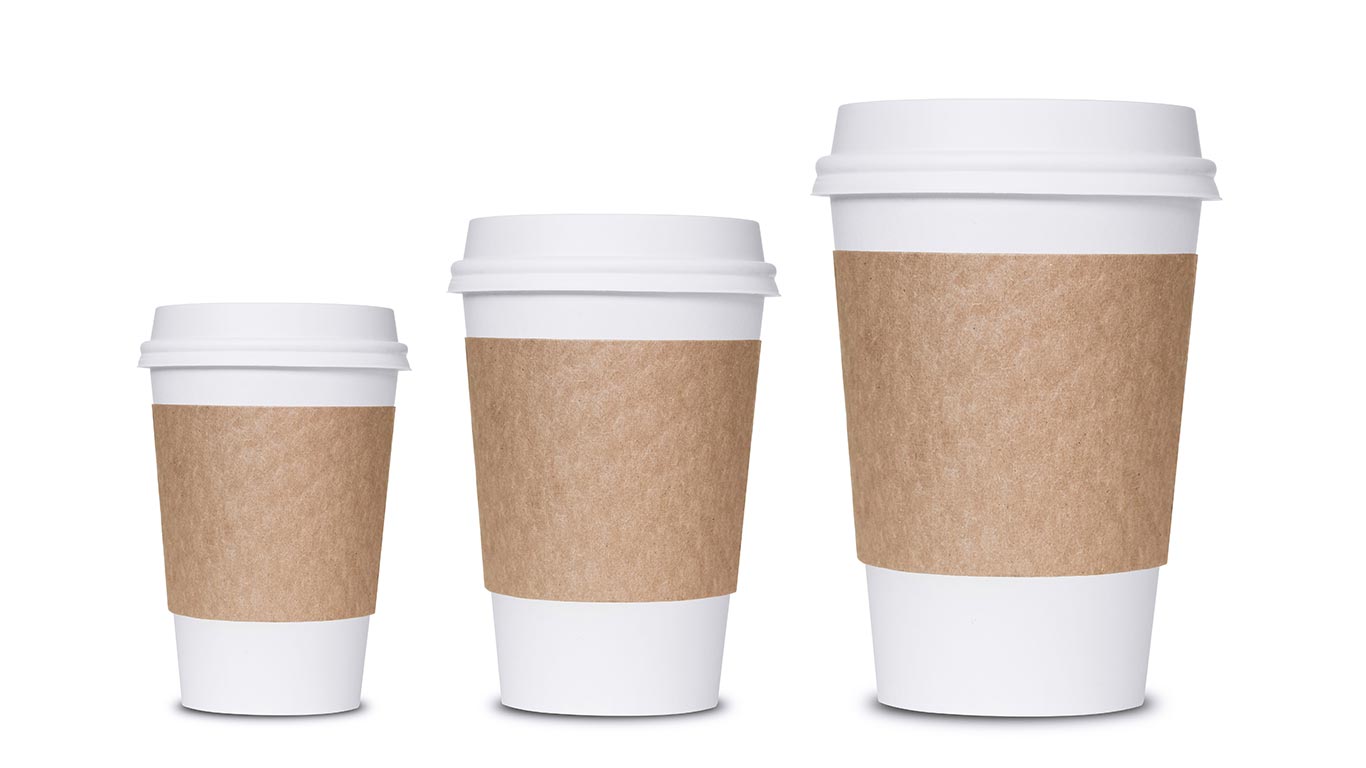National Caffeine Awareness Month
- Category: Health & Wellness, Nutrition
- Posted On:
- Written By: LVMC

March is National Caffeine Awareness Month, which aims to help people better understand how to consume caffeine responsibly and manage daily intake.
Many people around the world enjoy starting their days with caffeine due to the way this natural stimulant increases mental alertness and helps them feel more awake. Caffeine offers a variety of health benefits such as improved memory and reduced fatigue when consumed in moderation, but too much caffeine can have negative effects on your physical and mental health to reduce your quality of life.
March is National Caffeine Awareness Month. Read on to learn more about the importance of caffeine awareness, and how Lompoc Valley Medical Center can work with you to manage your caffeine intake and any related health problems.
What is National Caffeine Awareness Month?
National Caffeine Awareness Month takes place every year in March and was created in 2003 by a non-profit organization called Caffeine Awareness Alliance. According to this organization, the goal of National Caffeine Awareness Month is to provide people with “objective, evidence-based information and advice” to reduce potential harms associated with caffeine abuse and addiction.
National Caffeine Awareness Month can help you become more aware of the amount of caffeine you consume regularly so you can modify your diet as necessary to gain maximum health benefits. National Caffeine Awareness Month also exists to educate people about the pros and cons of caffeine as they relate to health, and how to determine if one may be consuming more than is typically considered healthy.
How Much Caffeine is in Foods and Drinks?
Caffeine is commonly found in coffee, teas, sodas, and energy drinks. It is also an ingredient in many other foods and drinks including smoothies, granola bars, chocolate, alcohol, and various baked goods.
The best way to determine the amount of caffeine in a particular food or drink is to read the ingredients label on its packaging. According to the FDA, an 8-ounce cup of coffee contains between 80 to 100 milligrams of caffeine, while an 8-ounce cup of green or black tea contains between 30 and 50 milligrams. A 12-ounce can of soda contains between 30 and 50 milligrams of caffeine, while energy drinks can have as little as 40 milligrams or as much as 250 milligrams in an 8-ounce container.
If the exact amount of caffeine isn’t specified on a particular product, consider contacting the manufacturer directly to find out — especially when drinking teas and coffees. Some brews and blends may contain higher amounts of caffeine than others.
How Much Caffeine Can You Safely Consume?
Adults should typically consume no more than 400 milligrams of caffeine per day, which equates to about four or five cups of coffee. Women who are pregnant or breastfeeding are usually recommended to have no more than 200 milligrams of caffeine per day to limit their babies’ exposure. Your doctor can recommend the amount of caffeine you can safely consume based on your health and medical history.
Each person tolerates caffeine differently, meaning some may need higher amounts of caffeine to feel the effects, while others may need far less. The key to knowing how much caffeine you can safely consume is becoming familiar with signs that indicate you’ve had too much.
What Are the Signs and Health Effects Of Too Much Caffeine?
Caffeine is a stimulant that “wakes up” and increases activity in the central nervous system. High doses of caffeine on a single occasion or on multiple occasions can make you feel ill and increase the risk for long-term health problems including insomnia, anxiety, depression, and high blood pressure.
Other potential health effects of too much caffeine include:
- Increased urination
- Upset stomach
- Heartburn
- Restlessness
- Shakes and tremors
- Dizziness
- Headaches
- Rapid or abnormal heart rate
- Dehydration
- Increased tolerance
- Dependency
- Inhibited calcium absorption
People who become dependent on caffeine may experience withdrawal symptoms when abruptly discontinuing caffeine similar to how someone dependent on drugs and alcohol may experience withdrawal symptoms when quitting these substances. Caffeine withdrawal symptoms may include headaches, irritability, drowsiness, nausea, and difficulty concentrating. These symptoms usually go away within a few days of stopping caffeine.
Tips For Managing Caffeine Intake
If you consume high amounts of caffeine with beverages like coffee, sodas, and energy drinks, you can still continue to enjoy these beverages without worsening your health. Consuming caffeine in moderation may reduce your risk for health problems and adverse events related to too much caffeine.
Consider the following tips that can help you manage your daily caffeine intake:
Abruptly discontinuing caffeine can be difficult and stressful due to potential withdrawal symptoms you may experience if you have a high tolerance or dependence. You may feel jittery, irritable, and restless, which can lead to a few highly unproductive days without caffeine. Instead of quitting caffeine cold turkey, gradually reduce the amount you consume to minimize or prevent withdrawal symptoms.

Switch to a Lesser Caffeine Source
Try switching to another beverage that has less caffeine than your usual source. For example, switch from coffee to tea, or from black tea to green tea. You may even substitute one of your three daily cups of coffee for one cup of tea. This can be an easy way to consume less caffeine without necessarily disrupting your routine.

Order or Prepare Smaller Sizes
Start ordering or preparing smaller sizes of coffee or tea to reduce your caffeine intake. Instead of ordering a 20-ounce venti coffee, order a 16-ounce grande or a 12-ounce tall. This is another simple and subtle way to reduce your caffeine intake.

Drink More Water
When you first wake up in the morning, drink an 8-ounce glass of water as opposed to beginning your day with coffee or tea. Water helps flush waste and toxins from your body to make you feel less sluggish, and can leave less room in your stomach for caffeinated beverages.
Where To Find Healthcare Treatment If You Enjoy Caffeine
If you need help reducing your caffeine intake and improving your diet, visit our provider page to make an appointment with a nutritionist or cardiovascular specialist who can work with you to improve your health. Lompoc Valley Medical Center is home to a vast team of medical providers trained to assess, diagnose, and treat a variety of health problems —including those that may be induced by consuming lots of caffeine.






.jpg)